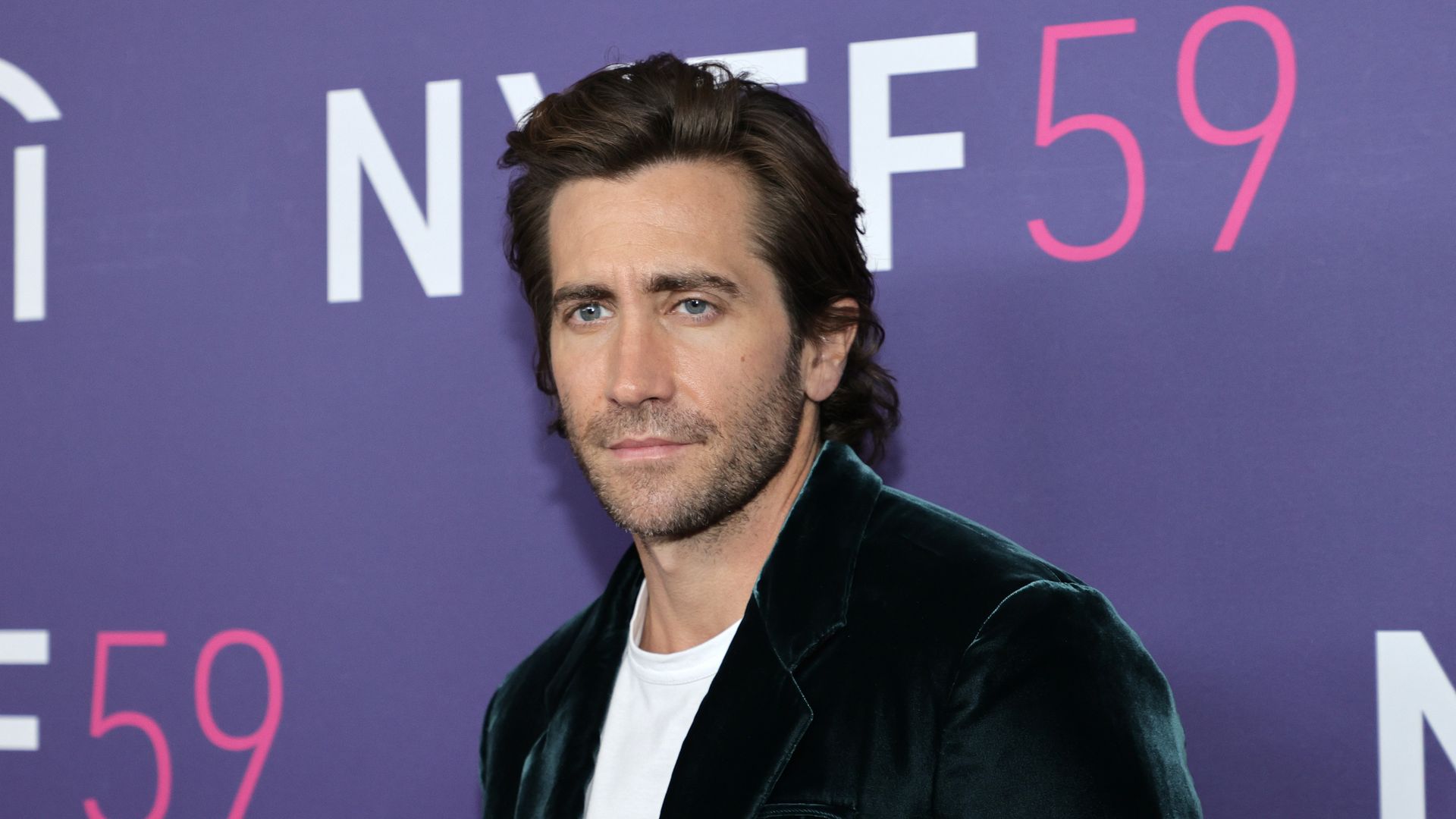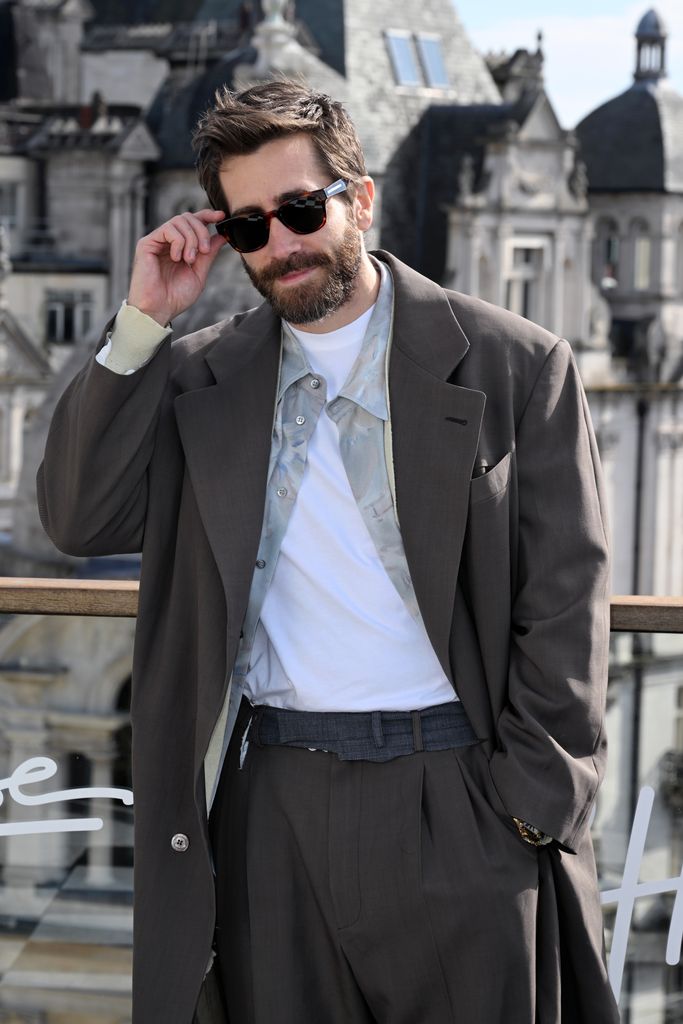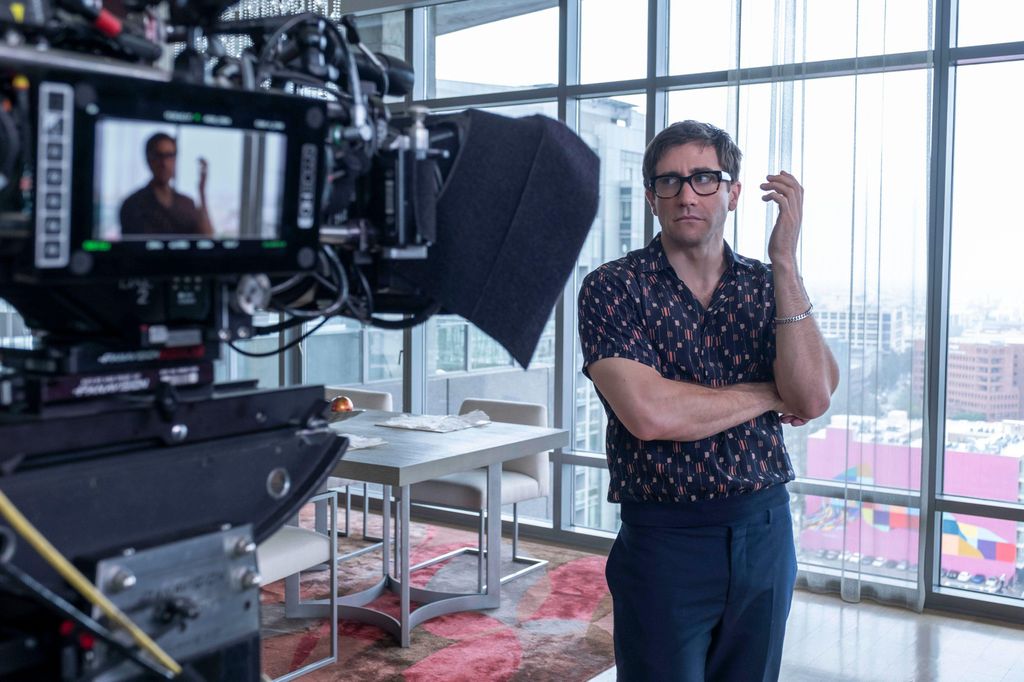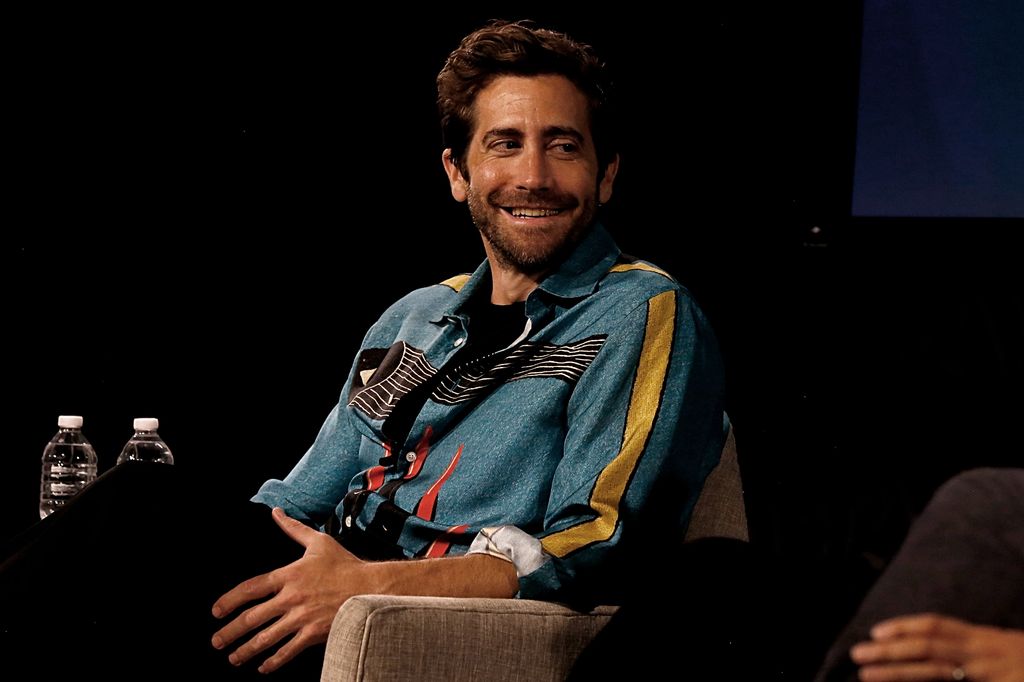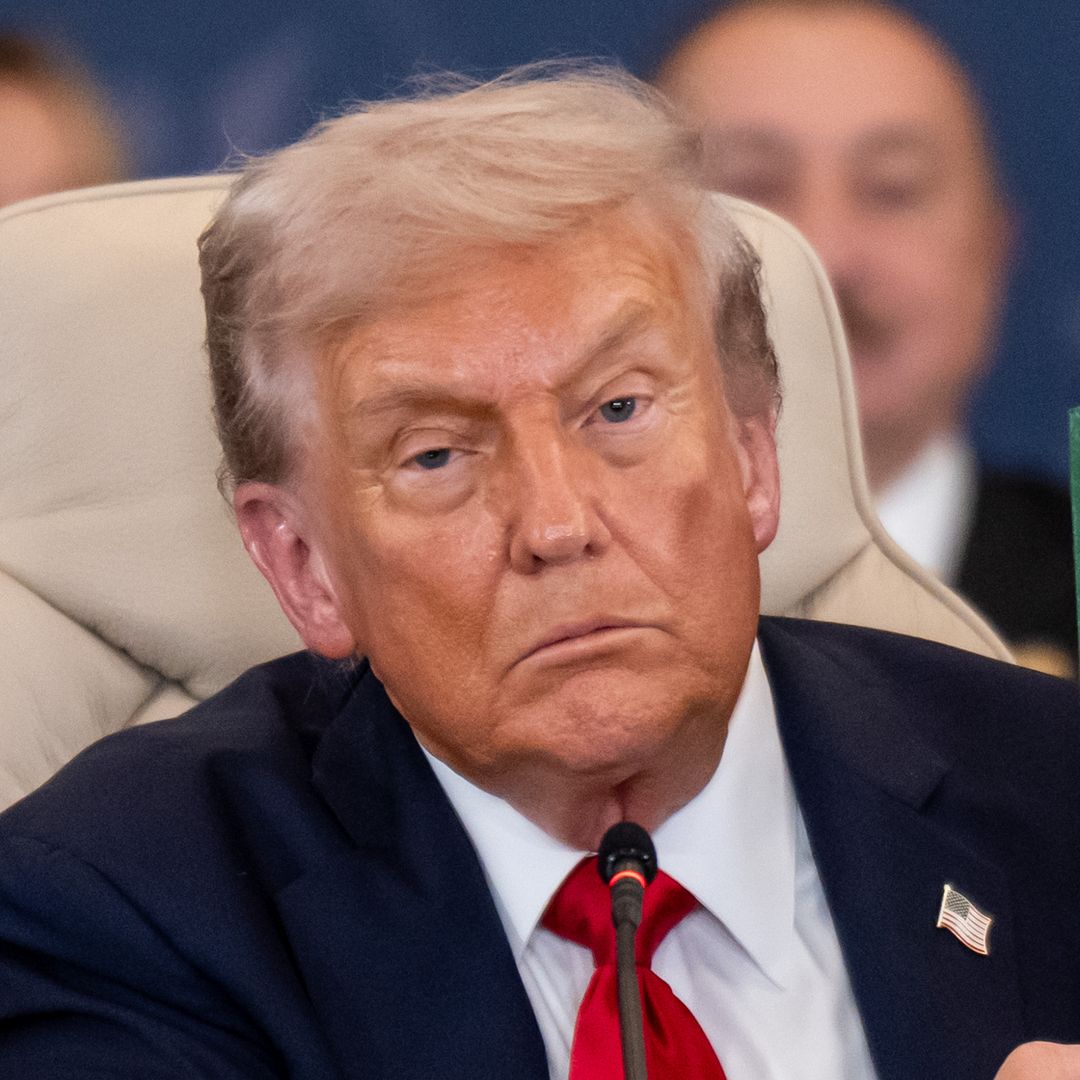Jake Gyllenhaal is opening up about the visual impairment he has dealt with since he was born.
The Road House actor — who has most recently taken on a role previously helmed by Harrison Ford for a new Presumed Innocent miniseries — is legally blind, however he has made it a point of advantage in his acting career.
Recently speaking with The Hollywood Reporter, he explained: "I like to think it's advantageous," and noted: "I've never known anything else."
He continued: "When I can't see in the morning, before I put on my glasses, it's a place where I can be with myself."
How is Jake legally blind?
Jake, now 43, was born with a lazy eye, and though it naturally resolved, he has been using intensive corrective lenses since he was six years old.
His vision is 20/1250, meaning that what someone with 20/20 vision can see at 1250 feet, he can't see it past 20 feet.
Does Jake wear glasses?
Jake uses both glasses and contact lenses, interchangeably. THR described his glasses as being as thick as a "coke bottle" glass, and that looking through them as someone with normal vision feels like being on a sort of "hallucinogenic."
Both using them and not using them has come in handy in his acting roles. In Presumed Innocent, his character Rusty Sabich uses glasses (meaning Jake wears his real ones), and speaking about one scene where he tucks them into his button-down shirt, he credited his godfather, the one and only Paul Newman, for the inspiration. "He also wore them hanging from his ear and stuff like that."
MORE: All about Jake Gyllenhaal's unusual on set behavior that got a film shut down
Not using them, and no contacts either, has also helped him fully immerse himself into a role. When filming an emotive scene for his 2015 boxing movie Southpaw, he removed his contact lenses to encourage himself to listen more attentively.
What does it mean to be legally blind?
The American Optometric Association says that for someone to be legally blind, it means "they cannot read any of the letters on the 20/100 line" in a visual acuity test with whichever eye has the best sight. In that case, they receive a Certificate of Legal Blindness by their doctor of optometry.
They also state that "12 million adults 40 years and older in the United States are living with uncorrectable vision loss," and those who do qualify as legally blind are often eligible for certain benefits pertaining to vocational training, rehabilitation, Social Security disability benefits, IRS tax exemption, housing, utilities, and telephone services, among others.
